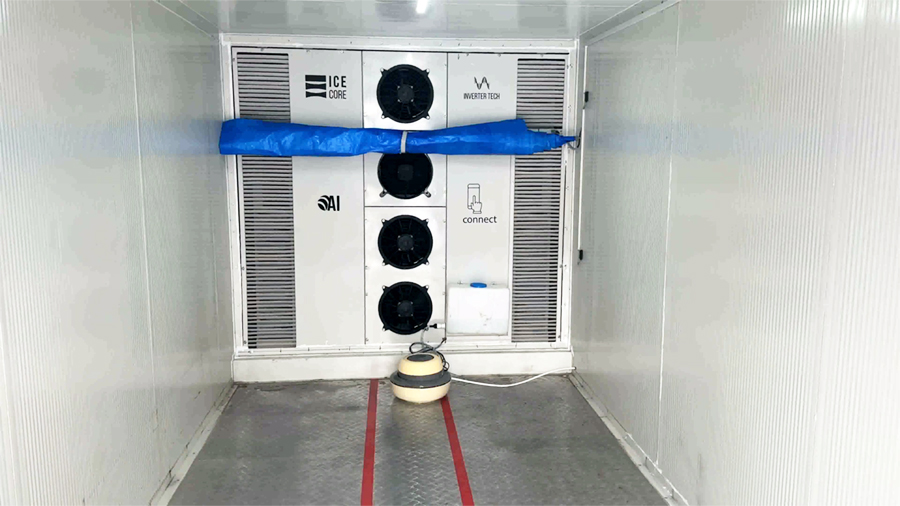
A solar-powered cold storage facility that can store five metric tonnes was inaugurated at the National Post Harvest Centre in Paro yesterday. The facility is part of an agreement between the government and the International Solar Alliance to utilise solar energy. Energy and Natural Resources Minister, Gem Tshering, attended the inauguration.

The cold storage facility is movable and can be conveniently relocated to any desired location. The National Post Harvest Centre will test products that can be stored in the facility, and the results will be shared with farmers.
According to officials, the solar-powered facility will help lower carbon emissions while enabling farmers to refrigerate and store perishable agricultural produce.
“It is difficult for farmers and aggregators to keep their products. So, they must fulfil demands for distribution and collection. About 20–30 per cent of the produce spoils during the purchase and distribution process, according to our research and documentation. As a result, aggregators in any key location can also use this technology for short-term transit. It can be made easier there,” said Sujan Pradhan, officiating programme officer at the National Post Harvest Centre.
He added that the facility is more energy-efficient compared to grid electricity-powered cold storage.
“For example, the 120-metric-tonne cold storage we have contains eight units of storage, and each unit needs 11.7 kW of power to run a chamber, whereas this particular chamber only needs 5.7 kW of power. It is also powered by solar energy. It benefits the environment as well.”
Farmers will be charged Nu 3 per crate each day to store their goods at the facility.
A similar facility will be opened in Zhemgang soon. The two solar-powered cold storage facilities cost USD 50,000 to build. Today, there are four cold storage facilities in Paro, two of which are privately owned.
Meanwhile, the joint venture between the International Solar Alliance and the government will explore additional applications of solar energy for agricultural use, such as smart solar technology to address irrigation water problems.
Namgay Wangchuk, Paro
Edited by Sherub Dorji










